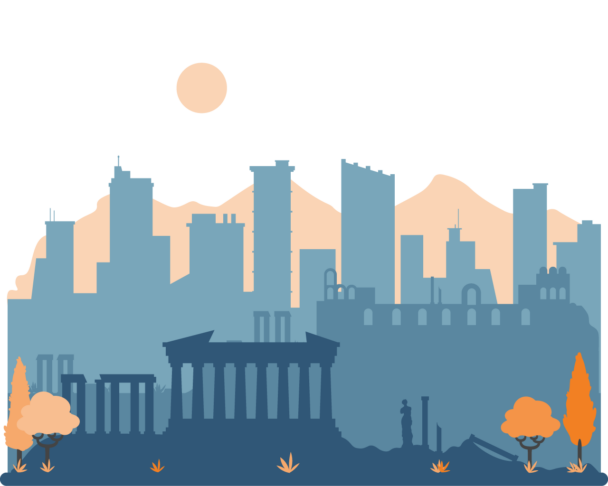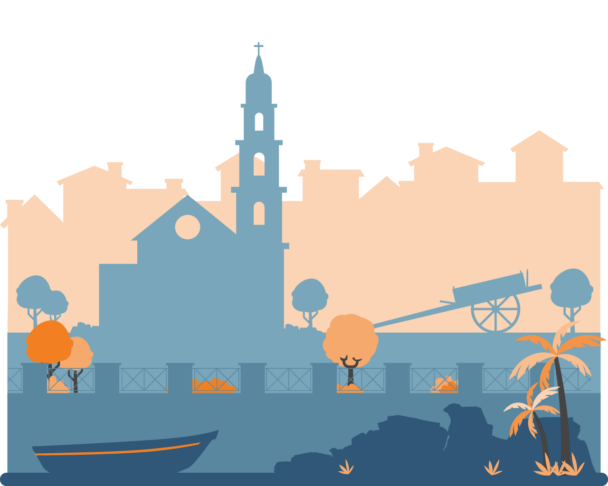Description
The world is transitioning into towards a greener economy and a more sustainable society. Significantly, the transition will impact existing jobs and create new ones: new competencies are required to step in the direction of the 2050 “Zero Emission” lifestyle”, which involves both the professional and the personal domain, the cognitive and the interpersonal sphere.
Education plays a decisive role in promoting active engagement towards much more sustainable practices and lifestyles and represents the first step to building a more sustainable society. Schools are required to help students develop and acquire green skills to be able to face the real-world challenges of the future.
The course will clarify how schoolteachers can take action to promote the green skills of their students: environmental awareness, culture for innovation, entrepreneurship, and active communication skills.
Participants will realize how school and education can play a key role in promoting green skills and in increasing people’s awareness about sustainability.
They will learn how to incorporate green skills with design thinking, a problem-solving process that seeks to identify issues and find solutions by focusing on the people and communities it is intended to benefit.
Participants will also learn practical strategies to help them prepare for their future.
What is included
Learning outcomes
The course will help participants to:
- Understand what green skills are;
- Identify the key points in the Agenda 2030 for Sustainable Development;
- Develop green skills set among their students to help them prepare for their future personal and professional development;
- Understand the key aspect of Design Thinking;
- Implemented Design Thinking in the classroom with respect to the framework of green skills and sustainability;
- Foster critical thinking and problem-solving among their student in relation to sustainability;
- Let their student experiment and discover their creative process.
Tentative schedule
Day 1 – Introduction to the course
- Introduction to the course and external activities;
- Introduction to the so-called green skills: the UN 2030 Agenda for Sustainable Development;
- Group discussion: How can schools ease the transition?
- School presentations.
Day 2 – Green skills
- The Pyramid of green skills;
- Green skills vs. 21st-century skills: a pathway to the future;
- Teaching hard skills and soft skills: the challenge of sustainability.
Day 3 – Design Thinking
- Design thinking and sustainability;
- Solving real-life problems;
- 5 steps of design thinking.
Day 4 – Tackling real-world sustainability challenges
- Empathize with real-world sustainability problems;
- Storytelling and emotional connection;
- Interview with the expert;
- Creative thinking: find innovative solutions to real-life problems.
Day 5 – Hands-on activity
- Prototyping your idea: hands-on!
- Testing and feedback.
Day 6 – Course closure and cultural activities
- Course evaluation: round-up of acquired competencies, feedback, and discussion;
- Award of the Certificate of Attendance;
- Excursion and other external cultural activities.







